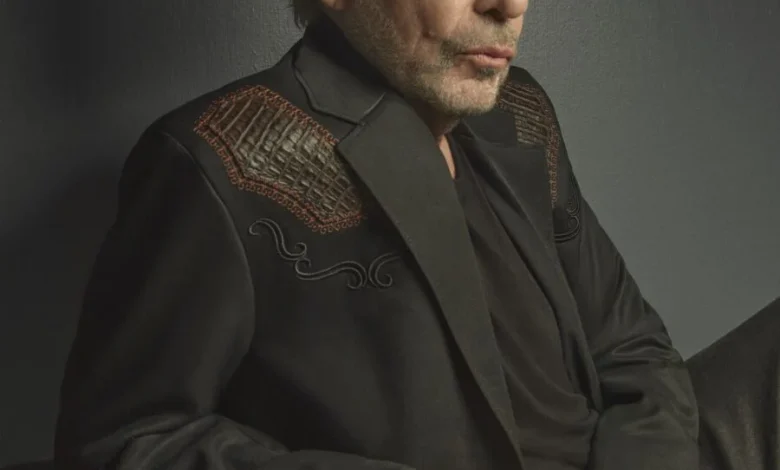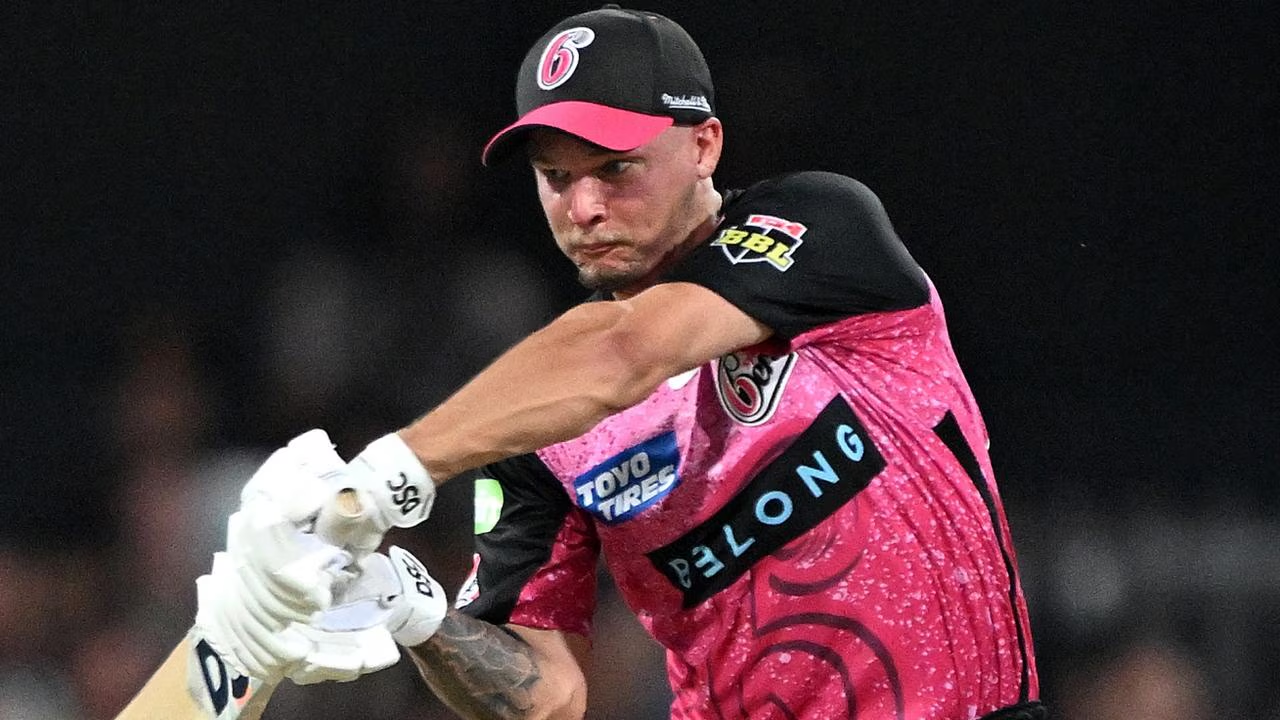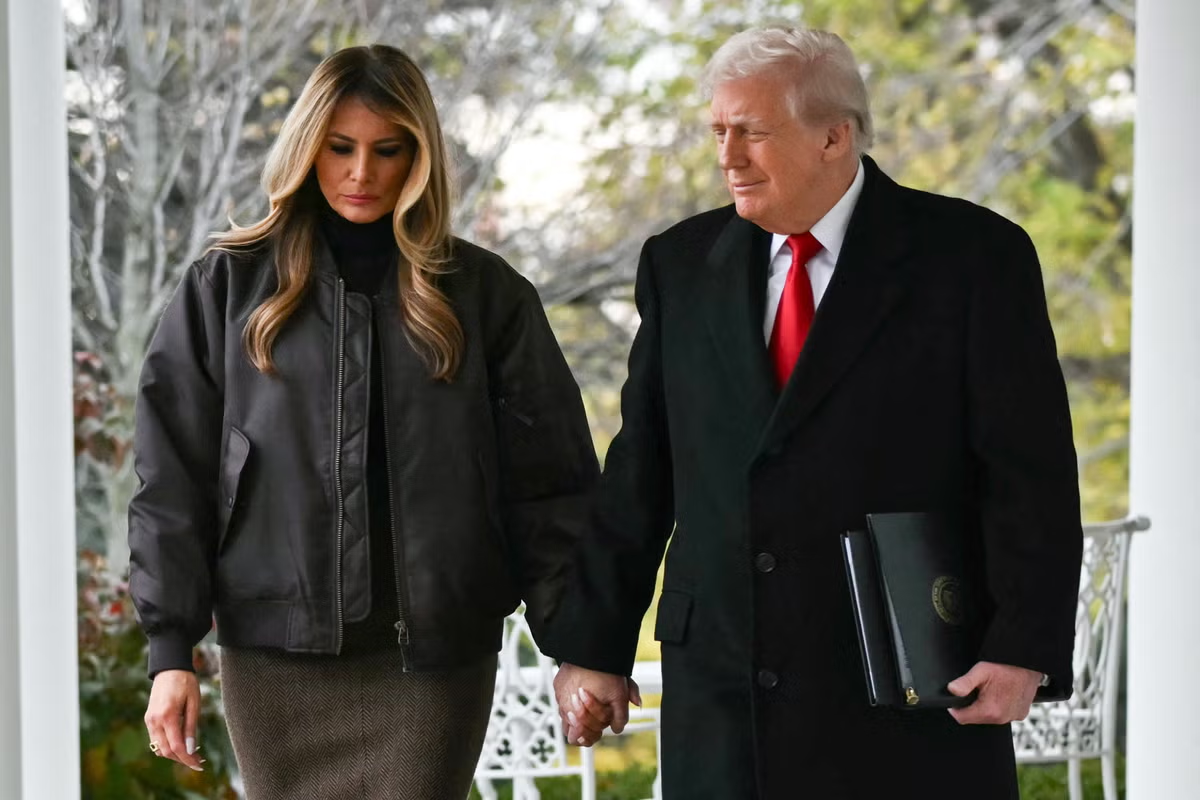Landman Star Billy Bob Thornton Talks TV, Music, and Mustard Biscuits

A bloodied Billy Bob Thornton is about to get a nail pounded into his thigh by a psychotic member of a Mexican drug cartel. “Yeah, I don’t do too many romantic comedies,” Thornton says with a laugh when I relay what I’ve just witnessed. “I’ve always got something in my body, or I’m dangling off a bridge, or getting my ass kicked.” This particular scene is from the season-one finale of Landman, the Paramount+ series in which Thornton plays the perpetually exasperated Tommy Norris, a manager of his company’s West Texas oil fields. The second season just premiered, after a wildly popular rookie effort—and no wonder. The current king of scripted television, Yellowstone creator (and native Texan) Taylor Sheridan, wrote the part specifically for Thornton, and they both nail it. The role is classic Billy Bob: droll, irascible, and instantly lovable.
Thornton grew up in Arkansas and had breakout success with Sling Blade, the 1996 film he wrote (snagging the Oscar for Best Adapted Screenplay) and directed. Other memorable parts in such films as A Simple Plan, Primary Colors, Monster’s Ball, and Bad Santa came next, followed by leading roles in TV hits like Fargo, Goliath, and now Landman. But Thornton’s first love was and is music, specifically 1960s-era rock and roll. For this interview, he calls in from a tour stop in Boise, Idaho, with his band, the Boxmasters, as they support their twenty-first album, Pepper Tree Hill. The group also just opened two shows for rock legends the Who. “We got a standing ovation,” front man Thornton says. “I’ll take that over an Oscar any day.”
Is it intimidating to play a character that you know has been written for you?
For me, it’s the opposite. When the person who is writing it already has your voice, it’s a picnic. I had dinner with Taylor, and he explained the character and the story, and I said yes before I ever read it. So when I got the first script, I thought it was awesome. Taylor also lets me ad-lib here and there, so if I feel something in the moment, I say it.
What’s an example?
The actress who plays my daughter is on the couch with her boyfriend when I come home. Of course, I hate all her boyfriends, and I say to her: “It’s time for you to go to bed.” And the boyfriend asks: “Where am I supposed to sleep?” I said, “You’re gonna get the junior suite, this f **king couch.” Taylor was there that day, and he laughed out loud. I thought, okay, that’ll be in the show.
You’re a successful writer, and obviously, he is as well. Do you learn from each other?
I think we do. There was a scene that had three or four lines of dialogue in it. And I said, “Taylor, this scene doesn’t need any dialogue—the scene is already a metaphor, so we don’t need to telegraph it.” He said, “You’re absolutely right.” Then there are times when I’ll say to Taylor, “Man, I think this scene might be a little much.” He’ll say, “Trust me,” and we’ll do the scene, and I’ll be damned if he’s not right.
Sheridan has an innate sense of what people will like.
For Landman, I think a lot of the reason was people loved the idea of taking a peek behind the curtain at the oil business in Texas, and to see what that is, and then you add a bunch of crazy-ass characters to it. The show covers all the bases. Yellowstone, for instance, is a more serious drama. In Landman, there’s drama, danger, humor, absurdity, all of it.
Photo: Peggy Sirota/Trunk Archive
The second season of Thornton’s Landman premiered November 16.
What sparked your interest in becoming a musician?
My mom was a big Elvis Presley fan, and I loved all the Sun Records stuff: Johnny Cash, Charlie Rich, Jerry Lee Lewis, Roy Orbison, and Carl Perkins. But then, when the British Invasion came along and I saw the Beatles on The Ed Sullivan Show, I knew that music was it. And I was just born with it in my blood. My brother Jimmy was an incredible musician; he could play every instrument except the drums—he had no coordination between his hands and feet. [Laughs.] My uncle was a country musician, and I played drums at VFW clubs in his band.
You had a drama teacher at your Arkansas high school who was influential.
Her name was Maude Treadway. I never paid much attention in class, and she caught me sleeping on the job a few times. I was always writing these short stories, and one day she asked to see one. She said, “Okay, smart guy, I want you to take this short story and direct it as a play in class.” And I did it. She told me most students are in the class to be in the senior play. But she told me, “I think you actually could do this.”
But when you moved to Los Angeles, you wanted to be a musician.
I didn’t know shit about acting. I wasn’t even a movie guy growing up. We had one theater in town, the Ritz Theater, which showed only the latest Disney movie. But after I moved, I discovered that getting into the music scene wasn’t so easy. The first guy I met out there, Jeff Lester, told me to come to his acting class. So I did. I starved to death for years, but then I started getting these small parts, like a pawnshop owner on Matlock. I had one scene and made $361. I was like, “Are you kidding me? In one day?” To survive back in Arkansas, I had worked at a sawmill, a machine shop, a storm door factory, hauled hay, all that shit. But that gave me the ability to be an actor. I had stories in my head, and I grew up around a lot of crazy characters. The strongest you’ll ever be as an actor is by using your own life experience. People always said, “Well, I think you made it as an actor because you’re so natural.” I don’t know any other way to be! I always tell people my success in the movie world came from ignorance more than anything else.
Next year is the thirtieth anniversary of Sling Blade, and there’s that memorable line about mustard biscuits. Was that something you ate?
I didn’t, but my mom did. They didn’t have refrigeration at the schools. Mom always had biscuits in her lunch bucket, but you couldn’t leave butter out all day, so my grandmother would put some mustard in a jar, and they would rub that on their biscuits.
How do you view the film now?
It was the turning point in my life. It’s probably the best thing I’ve ever written in the cinema world, and it will likely always be, since I don’t write much for movies anymore. Everything I have ever written is based on Southern novelists: Erskine Caldwell, Flannery O’Connor, and Faulkner. I don’t think I could get Sling Blade made today; people aren’t that interested. I’m probably obsolete as a writer-director in the movie business.
Interesting. Does that bum you out?
Oh no, I feel blessed every day. I have my family and my friends, and am blessed to be able to make something like Landman, where I fit the character, or Goliath, or Fargo, or any of the movies that became iconic. I’m still doing what I did when I was a kid, touring with a band, making records. I have nothing to complain about.
Matt Hendrickson has been a contributing editor for Garden & Gun since 2008. A former staff writer at Rolling Stone, he’s also written for Fast Company and the New York Times and currently moonlights as a content producer for Ohio University’s Voinovich School of Leadership and Public Service in Athens, Ohio.





